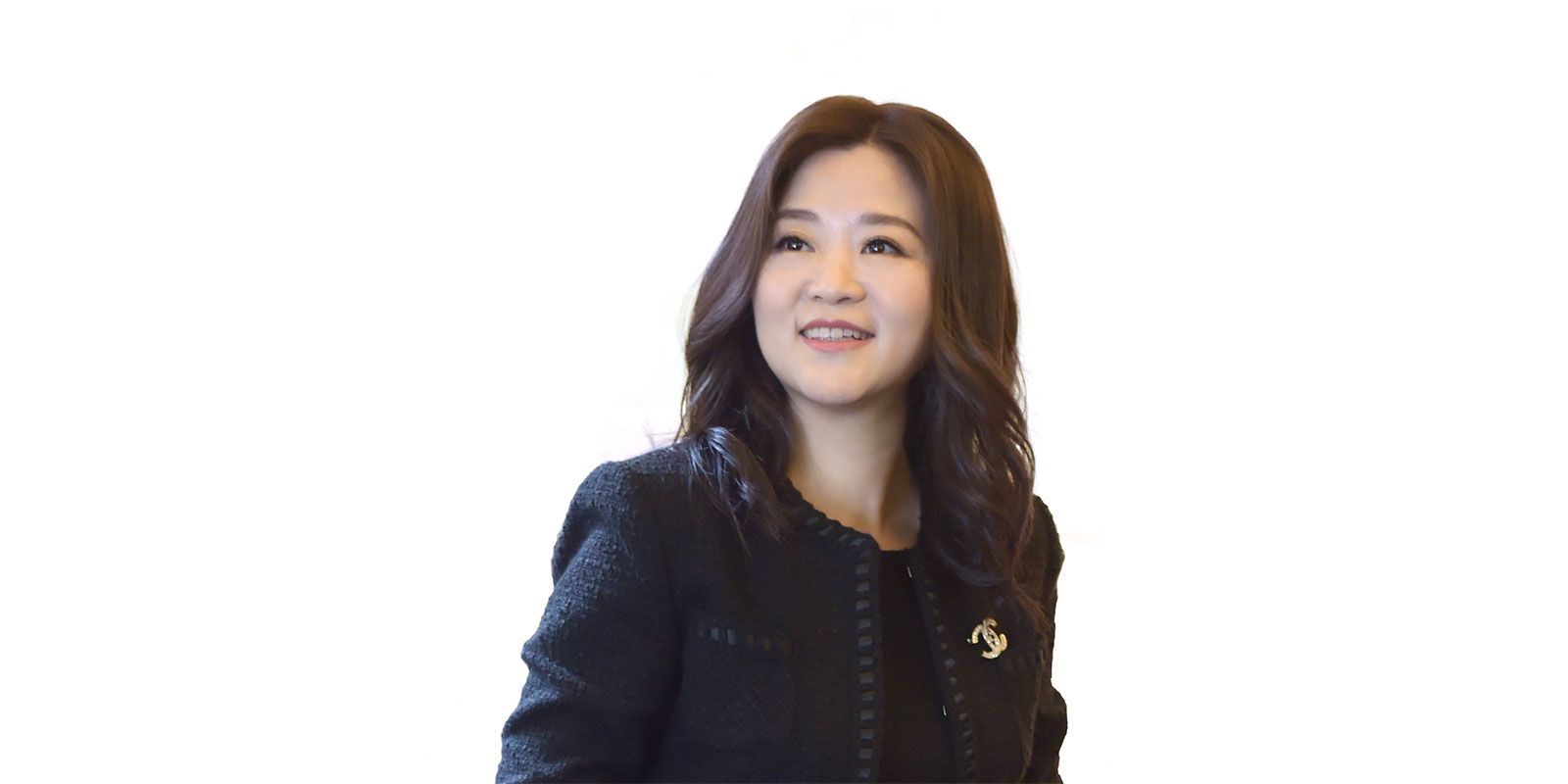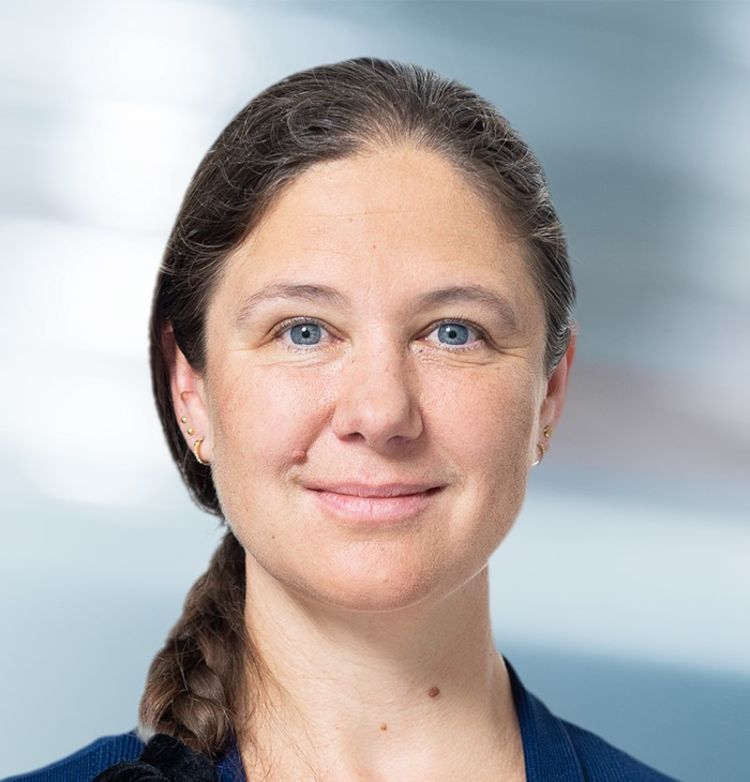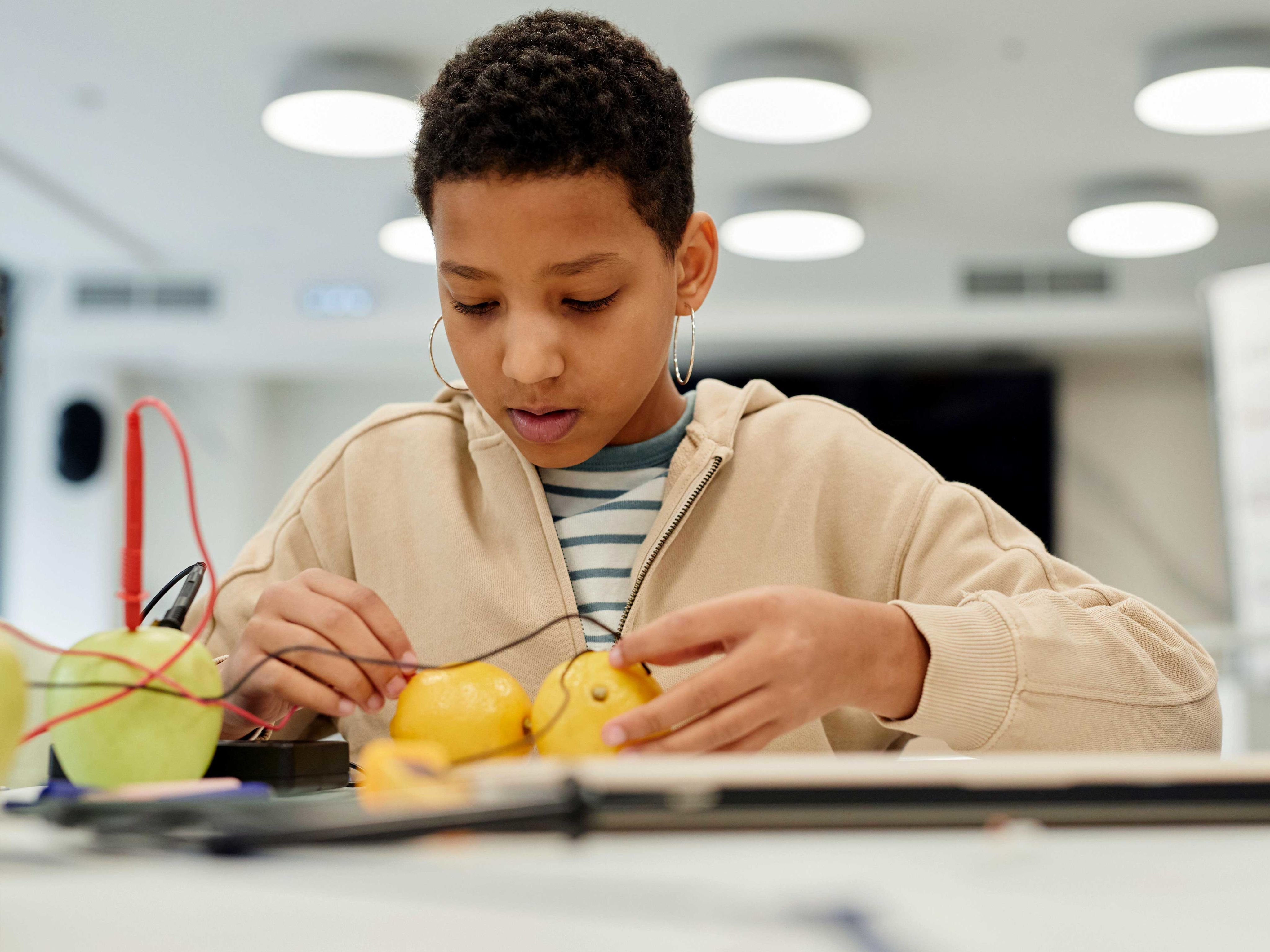Inspiring women in AI: Dr. Catherine Régis
Dr. Catherine Régis is a Professor of Law at the University of Montreal and co-editor of Human-Centered AI.
She's also Canada-CIFAR Chair in AI, Associate Academic Member at Mila (the Quebec AI Institute), Director of Social Innovation and International Policy at IVADO, Co-chair of the Canadian AI Safety Institute Research Program at CIFAR, and Chair on Science Diplomacy and Global Governance of AI (Fonds de recherche du Quebec).
I am especially concerned about the risks that AI poses to our democratic institutions...
In this interview for our inspiring women in AI series, she discusses her work on AI governance, responsible AI, and human rights, and provides advice for women entering the field.
"We need more women mentors to help the new generation to navigate this field and share experiences and good practices"
What AI-related projects are you currently working on?
I work on various AI projects related to global AI governance, responsible AI, and the intersection between AI and human rights.
For instance, I recently collaborated with a group of international experts to develop a global policy brief that explores how we can limit the negative influence of AI on electoral processes and protect our democracies.
We propose four concrete actions for policymakers around the world, which include specific legislative actions, the adoption of codes of conduct for the use of AI by political parties, and the development of international AI electoral trust keepers to respond to cases of AI-based electoral interference.
In addition, I dedicate an important share of my research time to studying the transformative role of AI deployment in the health sector, including concerning the need to adapt our regulatory approaches in the field. For example, I am researching, with a colleague from Bristol University, how AI will shape the future of the medical profession. We discuss the opportunities that come with the technology at the junction of a logic of automation (delegation to the AI) and augmentation (hybrid medical doctor-AI collaboration).
To further explore this point, we give the example of how such collaboration can contribute to alleviating the longstanding issue of biases (gender, race, etc.) in healthcare decision-making.
I am also working with a colleague from Oxford University on a book that will explore many issues at the intersection of AI, power, and patients. This is an angle that is currently under-explored in the legal and policy literature right now.
What inspired you to pursue a career in AI and related fields?
My interest in AI came with my participation in the creation of the Montreal Declaration on Responsible AI in 2018, one of the first comprehensive ethical frameworks that has emerged on the topic.
The Declaration serves as an inspiration for further ethical developments in businesses, governments, academia, and international organizations and was co-constructed by multidisciplinary experts in the field as well as citizens through a pioneer consultation methodology.
Following the Montreal Declaration, I became involved in many research and applied projects that explore legal, policy, and ethical issues related to AI. And I became, from 2021 to 2023, the co-chair of the Responsible AI Working Group for the Global Partnership on AI that gathers 29 countries.
This last experience made me realize the role and importance of international relations and scientific diplomacy in the governance of AI.
What recent or potential breakthroughs in AI are you most excited about?
I am excited about the use of AI to improve the efficiency and quality of healthcare systems, many of which are still struggling in the aftermath of the pandemic due to a lack of human and financial resources.
Furthermore, I see a lot of opportunities in well-designed medical doctor-AI collaborations to ensure better delivery of healthcare services. This will allow medical professionals to focus more on tasks that have value-added on a human level and that improve the precision of care provided to each individual.
What potential risks or downsides of AI development concern you?
I am especially concerned about the risks that AI poses to our democratic institutions, including electoral processes (for example, via accelerated disinformation and pornographic deepfakes targeting women in politics and elsewhere).
Democracies around the world face increasing pressures and challenges that make this additional AI-related threat especially worrisome. We should not take our democracies for granted, and we need to take concrete and immediate actions to protect, adapt, and improve them.
What challenges have you faced as a woman in the AI field, and how have you overcome them?
I have been lucky enough to evolve in an environment that strongly supports women and human rights (in my work environment at Université de Montréal, Mila, and IVADO).
That being said, I also experienced situations where women were excluded from important conversations – on panels, conferences, and research projects – and where there was resistance to including their voices. We have to remember that men are about 75% to 80% of the AI workforce and that creates or replicates all sorts of situations that we can see in other areas where there is this imbalance.
I found that one of the most effective ways to overcome this reality is to openly mention this exclusion and find support with other women and men in tackling such challenges. It is less difficult to face this problem in a group than alone.
For instance, when I wanted to push for projects on gender equality in AI, I often consulted with colleagues beforehand to gain their support when the time would come to propose the project.
What initiatives or changes would you like to see to encourage more women to enter the field of AI?
We need more women mentors to help the new generation to navigate this field and share experiences and good practices. It is a very important point for me, and I try to support my students and collaborators in this endeavor as much as possible.
I also think that women in leadership roles in organizations across all fields should accelerate their understanding of AI so they can contribute to the AI strategy their organizations are developing. For younger women, there are a lot of programs, like the AI4Good lab at Mila, specifically designed for leaders to ramp up their basic knowledge of the technology.
What advice would you give to young women considering a career in AI?
- Create a supportive network around you
- Reach out to mentors that inspire you to share your experiences and benefit from their knowledge and wisdom
- Tap into your creativity to explore innovative ways to approach problems and solutions as we need ingenuity more than ever to face the complex reality that AI exerts on our societies
 China
China Africa
Africa


















